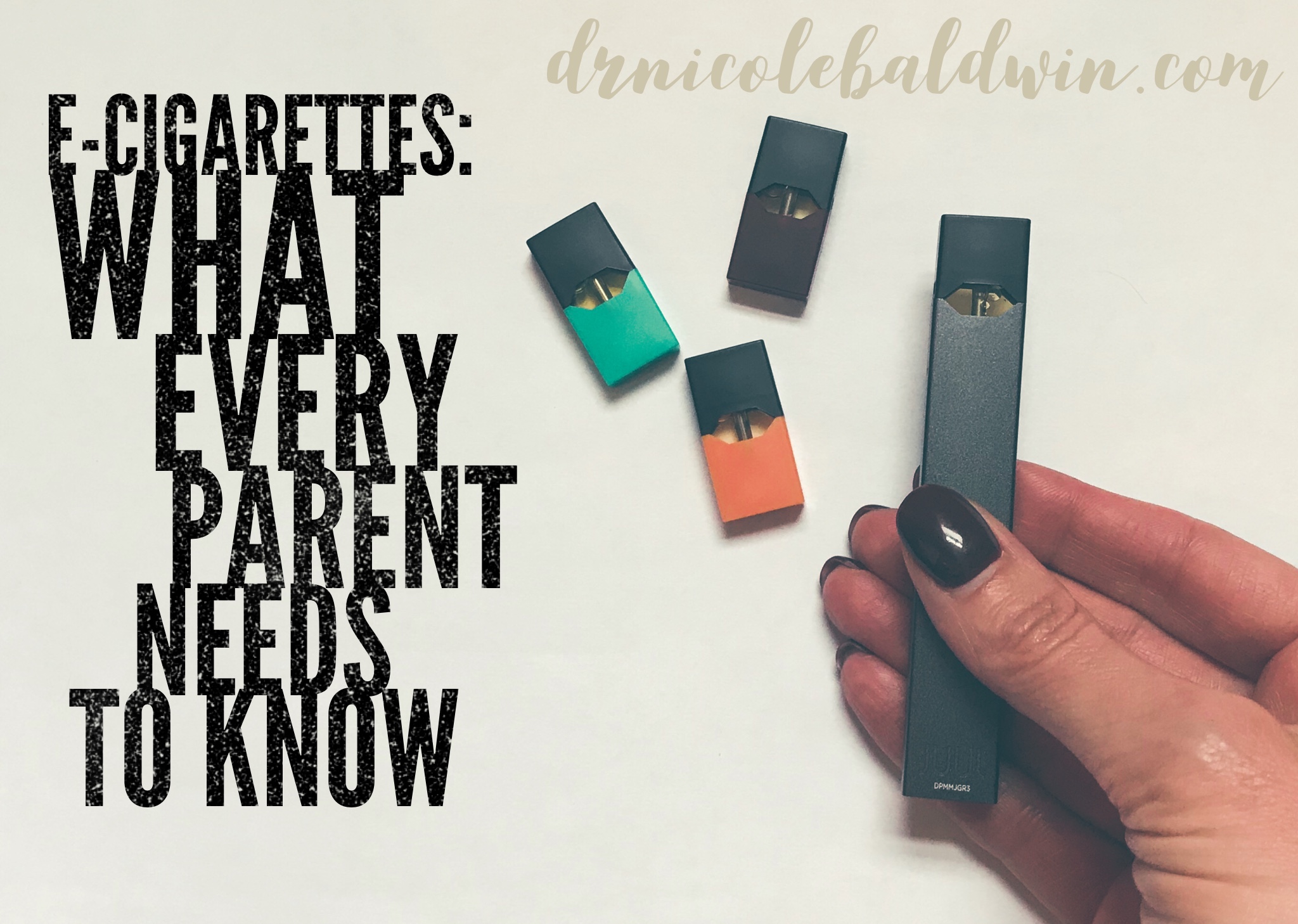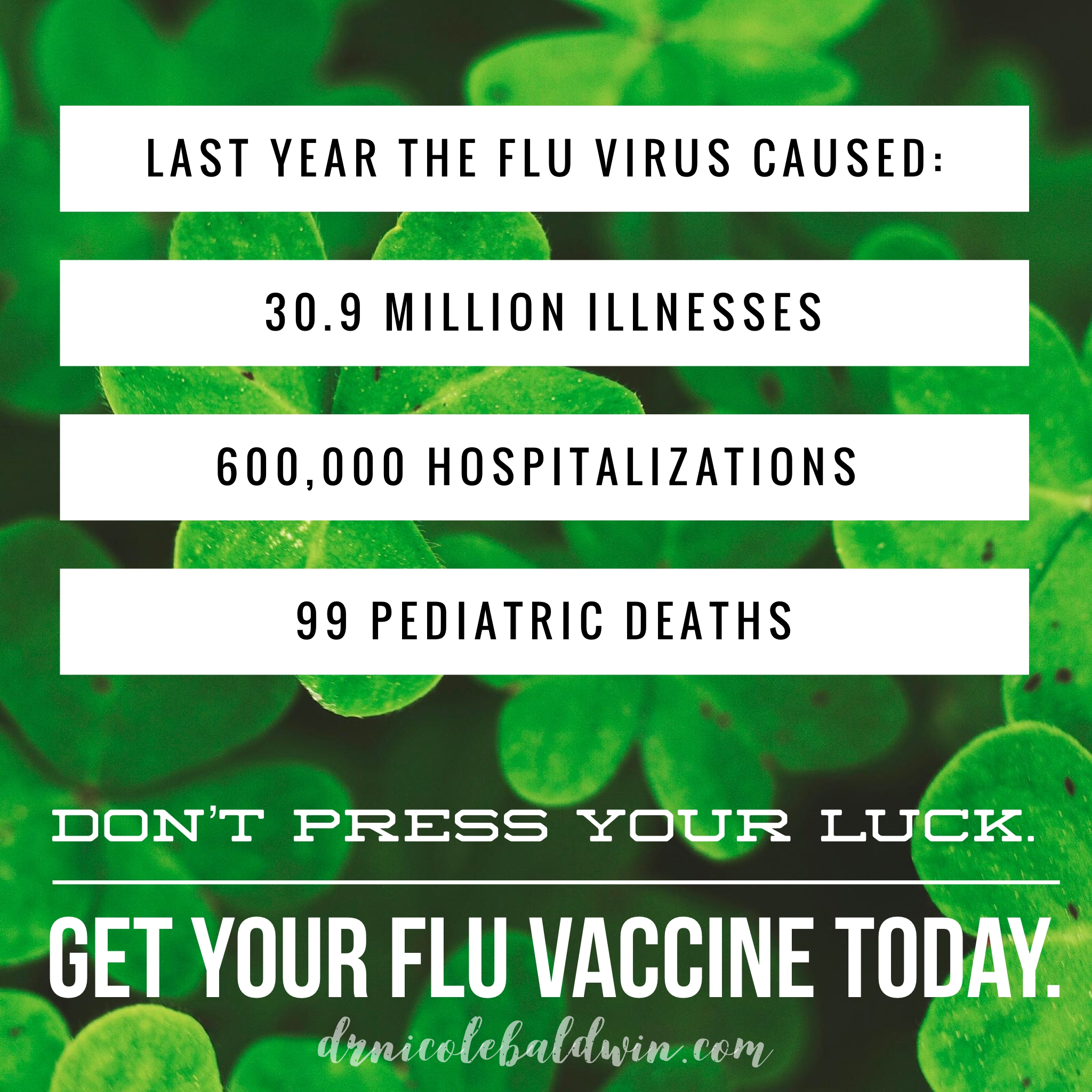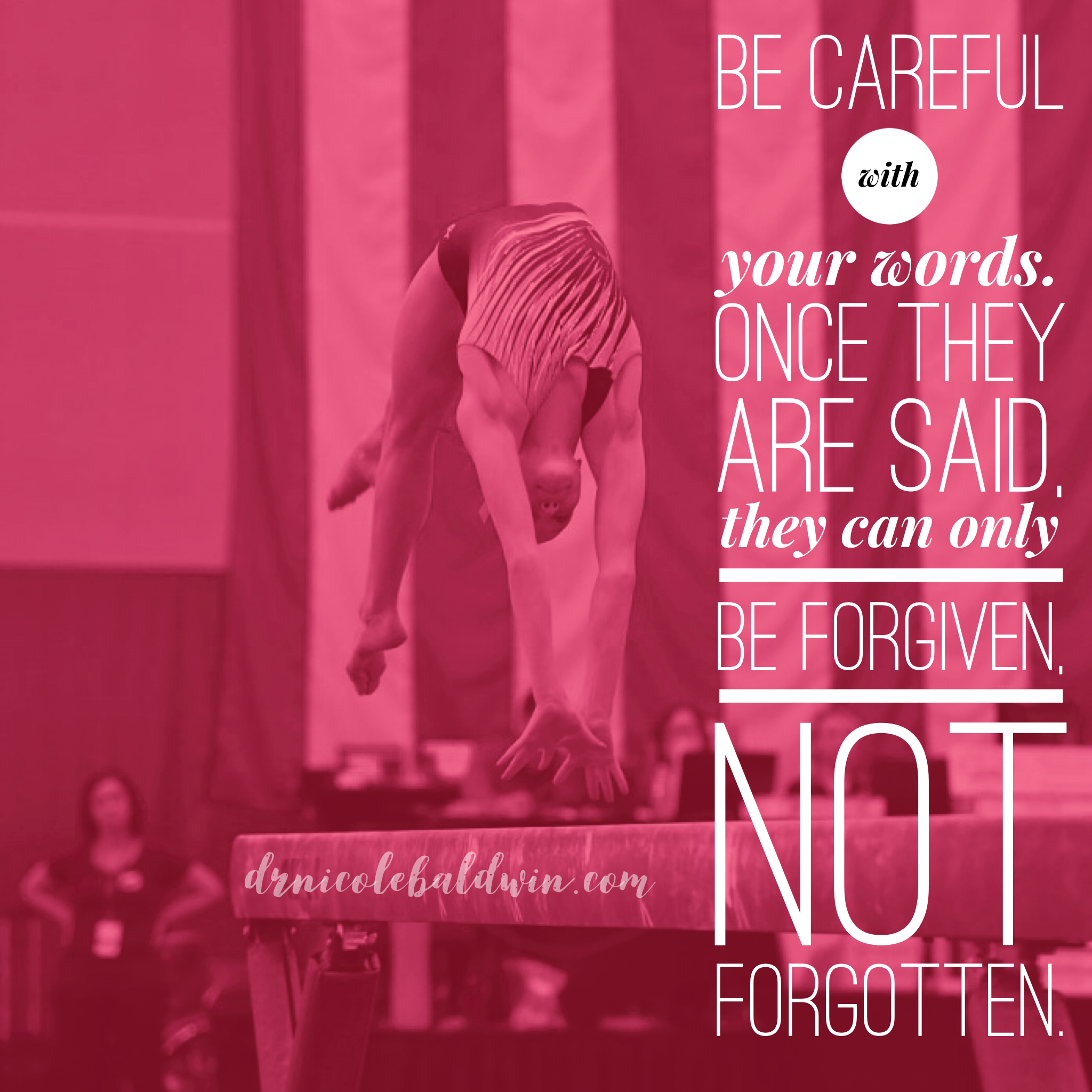
Tales of a Toxic Sideline Parent
I have a confession to make. You know that parent on the sideline of the soccer game. The one who is super loud and likes to shout at her kid to “HUSTLE!!!” The one who doesn’t care what the coach TOLD her kid to do, she’s going to instruct them to do something completely different.
That was me.
I am embarrassed and ashamed to admit this about myself, but I would be lying if I didn’t tell you that I am a recovering toxic sideline parent (the first step is to admit you have a problem, am I right?).
What exactly IS a “toxic sideline parent?” I tried to find an actual definition for this but I wasn’t able to – so this is MY definition:
A toxic sideline parent is any parent who behaves in a way that causes distress, embarrassment, or sadness in ANY child participating in that event. This can occur during a game/competition, at practice, or at home.
Notice I said ANY child – this includes other children on the same team as your child’s AS WELL AS children on the opposing team.
Let me give you a couple of examples:
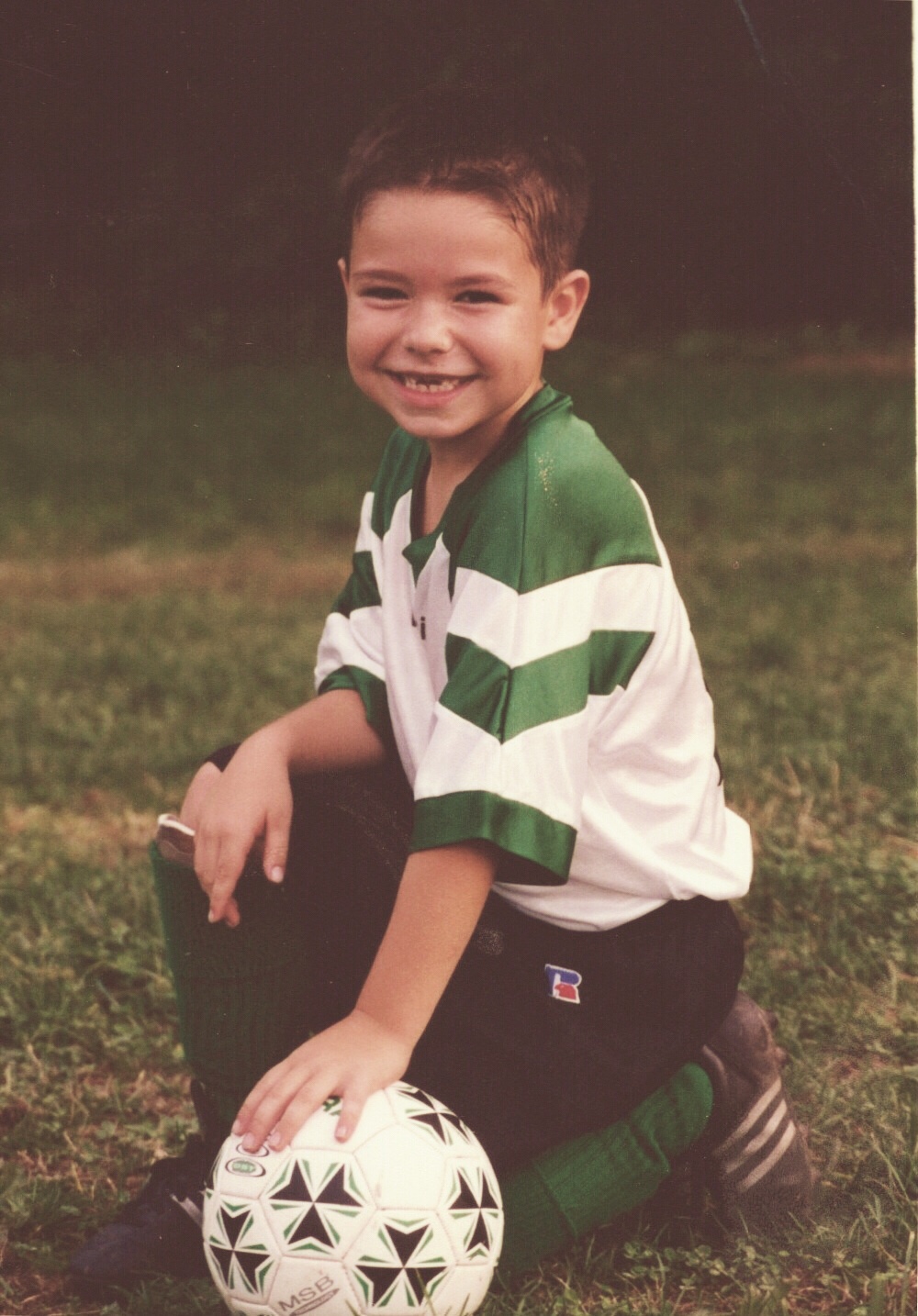 When my son was 5 years old, he was playing recreational soccer for our local YMCA team. Those who know my son now (and those who knew him at 5) can tell you that he extremely creative, musically gifted, absolutely hilarious…and not the most focused when on a soccer field. And for those who knew ME when my son was 5, they can tell you that I was extremely driven, focused, Type A, and uber competitive (not to mention exhausted and sleep deprived as I was in my 3rd year of medical school at the time).
When my son was 5 years old, he was playing recreational soccer for our local YMCA team. Those who know my son now (and those who knew him at 5) can tell you that he extremely creative, musically gifted, absolutely hilarious…and not the most focused when on a soccer field. And for those who knew ME when my son was 5, they can tell you that I was extremely driven, focused, Type A, and uber competitive (not to mention exhausted and sleep deprived as I was in my 3rd year of medical school at the time).
I will never forget one game when my son was playing goalie. He was having a grand ‘ol time picking “flowers” (aka weeds), doing cartwheels, spinning around and just generally loving life and not caring a ton about the fact that he was the last stop between the ball and the goal. I, on the other hand, decided that it would be a GREAT idea to stand BEHIND the goal and yell at him to STOP picking flowers, STOP doing cartwheels, and PAY ATTENTION.
It saddens me to this day that I was so focused on my 5 year old WINNING A REC SOCCER GAME that I failed to wonder at his joy and zest for life. I failed to notice the smile on his face after he successfully executed a cartwheel or found a beautiful “flower” that he likely would have presented to me…if only I HADN’T yelled at him to stop picking weeds and pay attention to the game.
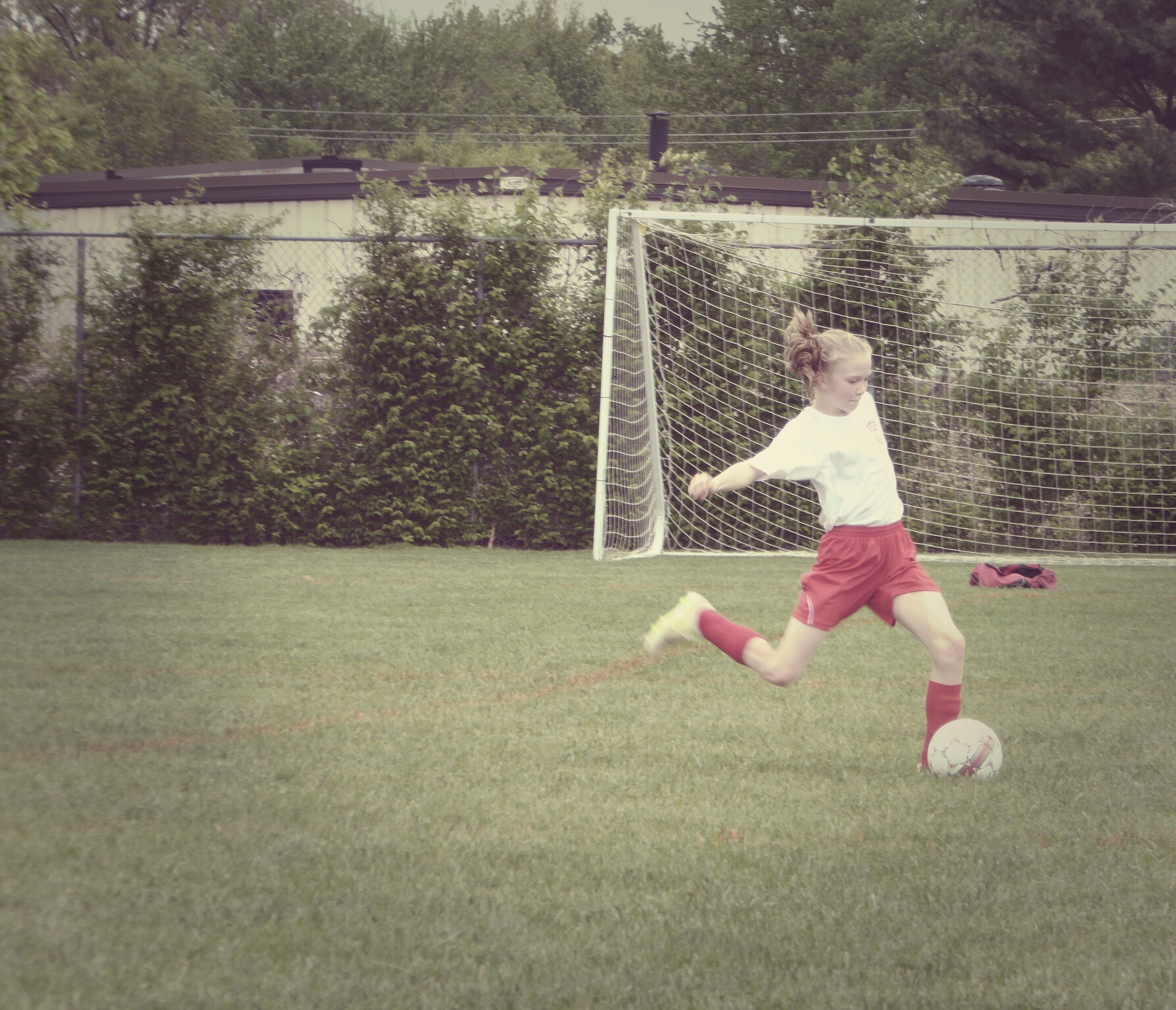 Fast forward about 12 years. My daughter was now the one on the soccer field. Unlike her brother, she WAS uber competitive (NO idea where that came from), focused, and ready to win at all costs. You might think that my yelling would have ceased as I had a child that was NOT picking flowers or doing cartwheels on the field…but it didn’t. It just morphed into a different TYPE of yelling.
Fast forward about 12 years. My daughter was now the one on the soccer field. Unlike her brother, she WAS uber competitive (NO idea where that came from), focused, and ready to win at all costs. You might think that my yelling would have ceased as I had a child that was NOT picking flowers or doing cartwheels on the field…but it didn’t. It just morphed into a different TYPE of yelling.
Now I was the parent that was telling my kid what to do (get to the ball…shoot it NOW…don’t let her push you around). It didn’t matter what her coach (aka my husband) was telling her to do…I thought I knew better.
If you would have asked ME if I was still the crazy parent yelling behind the goal like I had been for her brother, I would have said “NO WAY!” In my mind, I had changed. I thought I was “cheering her on” – but SHE felt otherwise. It took several moments of dealing with a crying, angry tween in the car after multiple soccer games to realize that my “cheering” was not helping.
I had to take a step back and CHECK MYSELF and my behavior. It didn’t matter what I thought about my cheering…it mattered what she thought about my cheering. It bothered her, it embarrassed her, and that was not OK with me.
I also had to realize that IT IS JUST A GAME. It is supposed to be challenging but ENJOYABLE. And you know what, my relationship with my kids in the long run is WAAAAYYYY more important that whether or not they win a game or score a goal.
So how can YOU make sure that you’re NOT a toxic sideline parent:
- Check yourself – think about the words you are using as well as your tone of voice. Put yourself in your child’s shoes. How would you feel if a parent, significant other or boss used those same words with you?
- Check with another adult – find that parent on the sidelines that isn’t afraid to tell you the truth. Ask THEM how you sound. Do they feel your words are negative or uplifting? Be ready to swallow some criticism if need be.
- Check with your child – this is probably the MOST IMPORTANT thing you can do. How do they perceive your words? What about your tone? Do they feel that it helps motivate them to perform better or does it embarrass them or bring them down? LISTEN to what they have to say. And if they are bothered by your behavior:
- You need to swallow your pride and make a change.
- Let your child know that you are working to change (and you might slip up, but you will keep trying).
- KEEP checking in! Change is hard and it’s easy to slip back into toxic behaviors. Try to stay aware of your behavior as much as possible and keep checking with yourself, with others, and with your child.
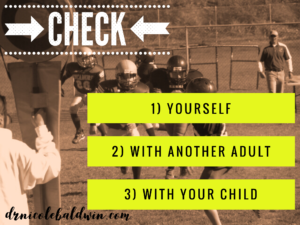
Fast forward to present day. My son is a senior in college…still extremely creative, musically gifted, absolutely hilarious…and playing sports only for fun and exercise (and NO, I don’t go to watch or yell at him anymore). My daughter has hung up her soccer cleats to pursue her #1 passion, gymnastics. She is competitive, but not elite. She’s not going to the olympics, and that’s OK.
Recently I was watching her practice and she was attempting a new skill on the beam. She kept falling and falling and falling. I could tell that she was getting frustrated and I was terrified that she would hurt herself if she kept going. I wanted SO BADLY to yell to her that she could just stop for today and try again tomorrow…but I KEPT MY MOUTH SHUT and watched (from about 100 feet away). Each time she fell, she got back up and tried again. Not because I was telling her to and not because her coach was telling her to…but because SHE wanted to. She had the desire and strength and fortitude to keep trying even in the midst of falling time and time again.
I have NEVER been more proud of her than I was in that moment. And you know what, after practice that day as we were driving home, I told her just that. I did not criticize her form. I did not push her to try to do better next time. I PRAISED her effort, her resilience, and her grit.
And you know what happened – she sat up a little taller, her eyes got a bit of a glimmer, and I have no doubt that in that moment, her self esteem bucket got a bit fuller.
Let me be clear – I’m not saying the parents shouldn’t cheer for their kids (as a matter of fact, we should be their #1 cheerleader). I’m also not saying that we shouldn’t offer our children correction in their sport WHEN AND IF THEY ASK FOR IT. The key here is making sure that the words we are using come from a place of love and encouragement rather than frustration or negativity and that any advice is offered because your child ASKED for it.
I am by no means the perfect parent. I’m a work in progress…but I’m learning, and I hope others can learn from my example.
Be careful with your words. Once they are said, they can only be forgiven, NOT forgotten.
